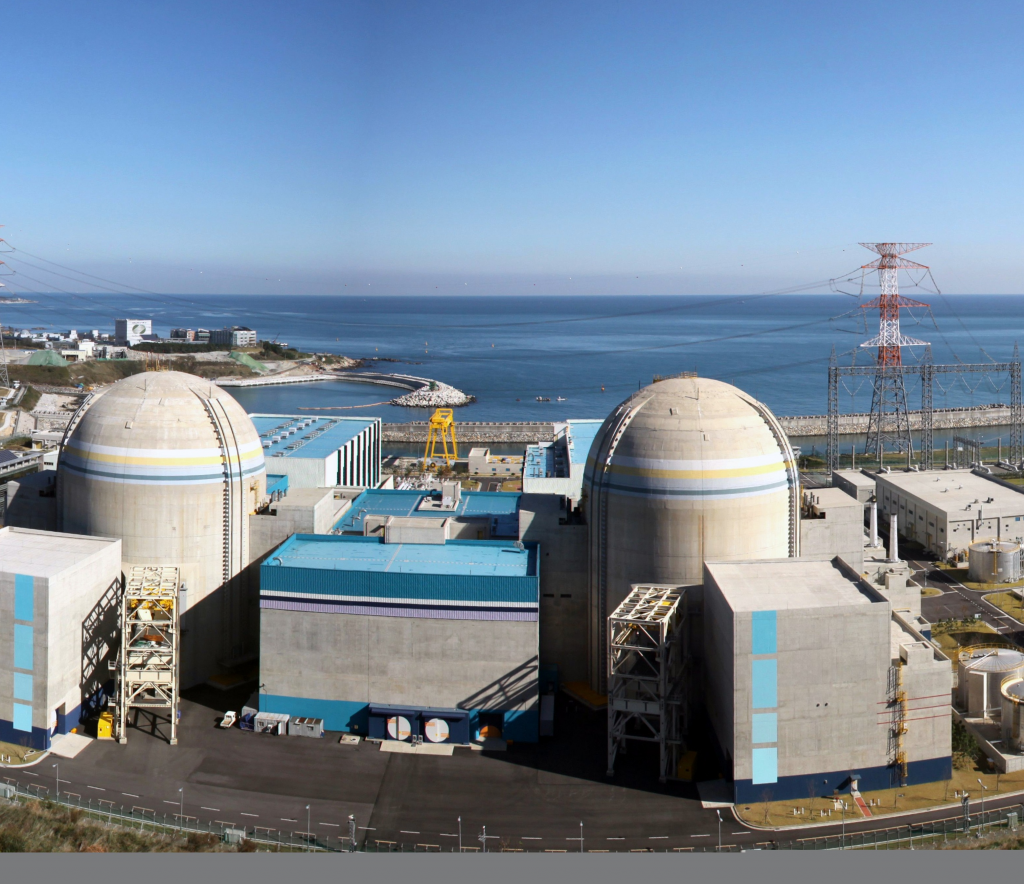The debate over nuclear plants has become a perennial issue, for the heated discourse has constantly changed the definition of the “greater good.” Politicians would attempt to balance a sufficient energy supply on one hand, place the safety of nearby civilians on the other, and fail to find a resolution that would settle the dispute. Yet on Oct. 22, South Korea was finally able to reach a compromise by granting citizens the power to make a final decision. As the nation’s first execution of a successful citizens’ jury, the debate over nuclear plants is commemorated properly demonstrating democracy in Korea and the official settling of the controversy over the continuation of nuclear construction is officially settled.
In June, President Moon Jae In promised to halt all construction of nuclear plants and rely solely on alternative sources of energy. Shin Kori 5 and 6, the nuclear plants of controvery, would have to be paused. However, statistics showed that Korea Hydro and Nuclear Power (KHNP) had significantly made progress on the construction of Shin Kori 5 and 6 by the day of the announcement, already 30 percent to completion. They predicted that Korea would lose nearly $11 billion if they stopped the development of the two AP1400 units.
In response, Korea commenced a 20-day trial in the hands of the official citizens’ jury. Representatives immersed themselves into a fruitful debate over the prospects of nuclear plants in Korea and whether or not the Shin Kori 5 and 6 should remain as an exception. Ironically, the civilians in the Kori area advocated for the continuation of construction due to their heavy reliance on the welfare that the government provided in trade for the development of nuclear plants in that area. Civilians still desperately needed the money and the government did not want to withdraw from its already-launched project. By the end of the 20-day trial, 64.7 percent of the citizens were in favor of the resumption, while 34.4 percent remained against the construction. Shin Kori 5 and 6 would continue to be constructed.
Looking at the systematic results, this entire controversy was an excellent yet simple portrayal of increasing power given to the citizens. By handing such crucial matters to the citizens’ jury for the very first time, the citizens could directly exert their voices and efforts into the nation’s political, social, and economic policies. Such collective action encourages unity in Korea while also presenting an epitome of compromise and agreement among citizens.
The effectiveness of the new policy, however, is another story. Not only are there the dangers of developing two nuclear plants threatening, but the alternative energy sources also have a lack of stability in their abundance. Although President Moon assured the public that energy shortages would not occur, a sudden cut down of nuclear plants that would leave only two behind will definitely bring a drastic decline in the productivity of Korea’s energy industries.
Nonetheless, the citizens’ jury’s decision was for the “greater good” of Korea as a whole, for both the civilians’ lives and the huge investment that has already inputted to the Shin Kosi 5 and 6 cannot be compensated. Despite its late emergence, the new form of jury was able to accurately weigh the costs and benefits of the resumption of construction to find a just and valid verdict, for the factors that tipped the scale were the valued voices of the citizens.

